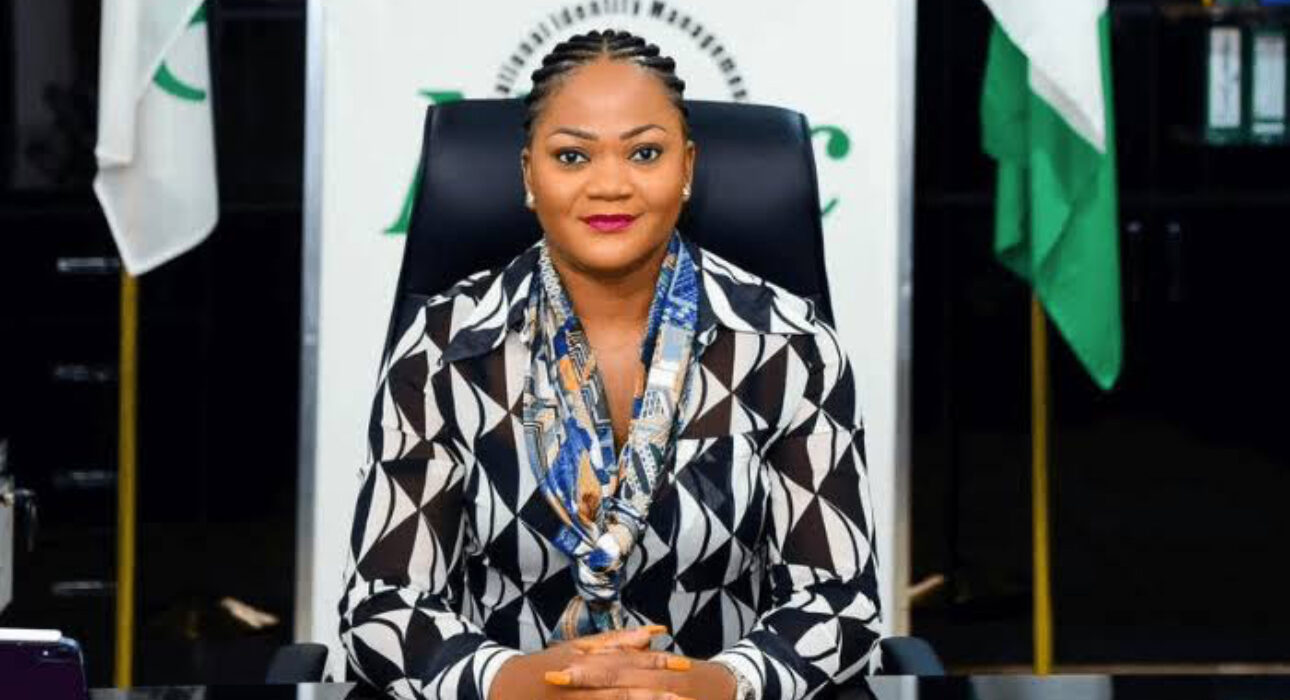Over 120 Million Nigerians Enrolled for NIN, Says NIMC DG

The National Identity Management Commission (NIMC) has announced a major milestone, revealing that over 120 million Nigerians have now been enrolled in the National Identification Number (NIN) database.
This was disclosed by the NIMC Director General, Engr. Abisoye Coker-Odusote, during a press briefing in Abuja on May 14, 2025.
Coker-Odusote attributed this surge in enrolment to a comprehensive upgrade of the commission’s infrastructure.
She explained that NIMC’s systems have expanded from a 100 million to a 250 million capacity, supported by the deployment of over 1,000 new registration devices across all 774 local government areas in Nigeria.
“Our systems have moved from 100 million capacity to about 250 million due to the upgrade and launch of various digital platforms to support our services in line with international standards and best practices,” she stated.
To achieve its goal of registering all Nigerians and legal residents by the end of 2025, NIMC has expanded its reach beyond local government areas to include wards and remote communities. This push aims to ensure seamless enrolment nationwide, bringing the benefits of digital identification to every corner of the country.
In collaboration with the World Bank’s Nigeria Identification for Development (ID4D) project, NIMC has integrated private sector partners, known as Frontier Partners, to support the nationwide NIN registration effort.
This partnership has created job opportunities and enabled the establishment of upgraded facilities at state and local government levels.
To streamline the enrolment process and reduce physical queues, NIMC has introduced several digital platforms. These include:
• Online Pre-Enrollment – Allowing users to begin the registration process from their devices.
• Biometric Capture and Self-Assist Platform – Enabling secure record updates using biometric data.
• Modification Platform – Allowing users to modify their personal records after relocation or changes in personal information.
The DG also addressed the issue of service fees, clarifying that while basic NIN enrolment remains free, the cost for data modifications has been adjusted. For example, the fee for modifying the date of birth has increased from ₦16,340 to ₦28,574, reflecting current economic realities.
“We are people-centric in our dealings. Some prices were too high, and we had to adjust them.
There were various extortions with outrageous pricing,” she said, noting that verification fees have been lowered to prevent exploitation.
Coker-Odusote reassured Nigerians of the security of their personal data, emphasizing that NIMC has upgraded its systems and partnered with cybersecurity agencies to tackle the threat of fake websites and unauthorized data access.
With NIN now essential for accessing various government and private sector services, including student loans, passport issuance, credit facilities, and agricultural interventions, the DG urged all Nigerians to register promptly.
With these significant steps, NIMC aims to achieve comprehensive national identity coverage by the end of 2025, aligning with global best practices and enhancing service delivery across Nigeria.









